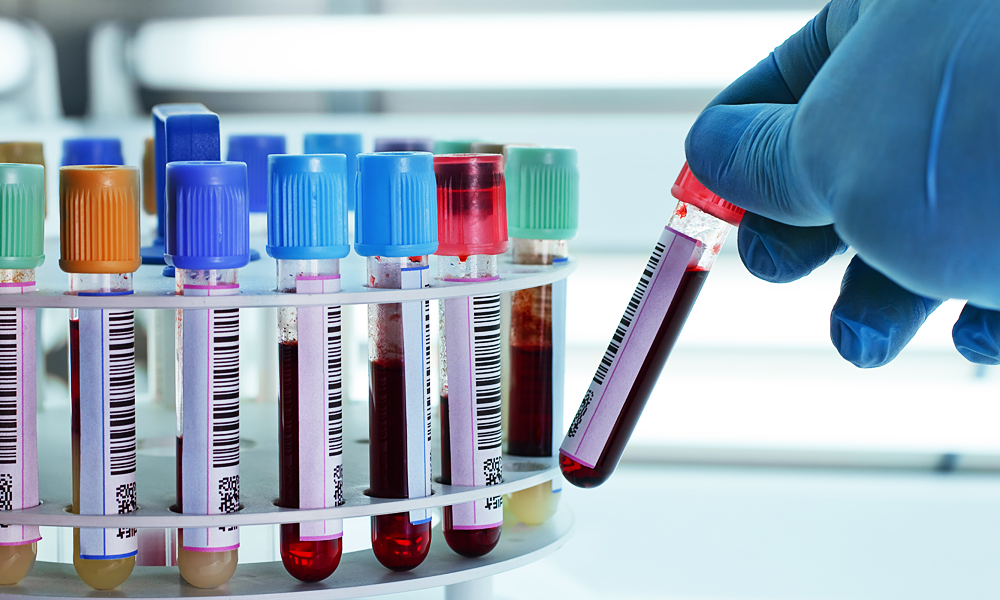Antibodies are proteins produced by the immune system in response to infection, often within the first week of post-symptoms onset. There are several forms of antibodies: IgG, IgM, IgA, as well as other forms. However, not all antibodies are created equal; some are considered to be binding antibody and some are neutralizing. A neutralizing antibody helps prevent and eliminates or diminishes the infection. Antibodies are disease-specific, which means that it will protect from or diminish the disease that your immune system made the antibodies for.
COVID-19 is a disease caused by SARS-CoV-2; most patients develop antibodies within 1-2 weeks post-symptoms, as 95% are positive after 2 weeks. IgM and IgG antibodies can arise nearly simultaneously in serum within 2 to 3 weeks after illness onset. It is also important to note that some persons do not develop detectable IgG or IgM antibodies following infection. Therefore, the absence of detectable IgM or IgG antibodies does not rule out that they could have or have previously been infected.
IgM antibodies begin to decline in number after 5-7 weeks, while IgG antibodies will remain positive for more than 10 weeks and then begin to decline in total. It was published that IgG declines for all patients after 3 months and the decline is much faster in asymptomatic people compared to symptomatic. It has been observed that total antibodies increase over the first 2-month period and tend to plateau after.
A recent Mayo Clinic study showed that patients tested by the total antibody assay by Roche – the assay used at Aculabs – had positive antibodies much longer than other assays. Additionally, we have observed in an Aculabs study a decrease in IgG levels over time, while total antibody stayed positive for more than 6 months, which could be due to the fact that the total antibody assay has higher affinity antibodies. Although the IgG levels declined over time, none of the patients reached the level of the COVID-19 negative patients who had no antibodies.
It is important to remember when ordering serology tests for COVID-19:
- The CDC does not recommend any specific kind of serology test over another.
- IgM and IgG are not useful to predict or diagnose acute or past infection.
- Based on recent publication and our own observation, it might be more advantageous to do a total antibody test over any other serology due to the assay having higher affinity antibodies.
Aculabs offers 2 SARS-CoV-2 total antibody tests:
- SARS-CoV-2 Antibody test: This assay uses a recombinant protein representing the nucleocapsid (N) antigen for the determination of antibodies against SARS-CoV-2.
- SARS-CoV-2 S Antibody test: This assay uses recombinant protein representing the Receptor-Binding Domain (RBD) of the S antigen for the determination of antibodies against SARS-CoV-2. This test targets antibodies, which are directed against the particular region of the viral spike protein responsible for binding to the host cell receptor, required for the virus to enter the host cell. This plays an important part in characterizing a vaccine-induced immune response.
The majority of current candidate vaccines aim to induce an antibody response against the spike protein.
– Dr. Rita Khoury
Have a topic you’d want our Lab Director to cover in future posts? Send suggestions to info@aculabs.com!


